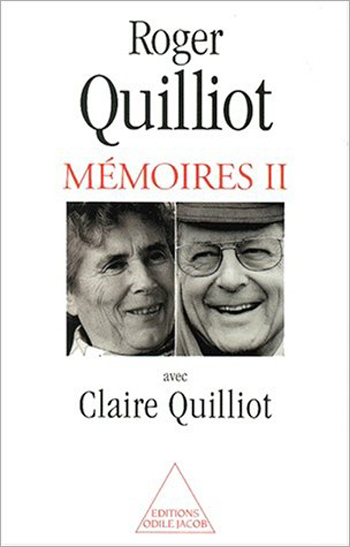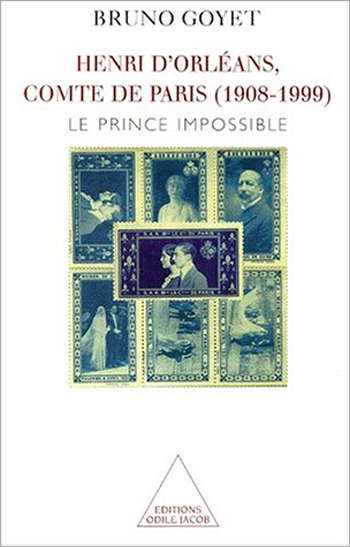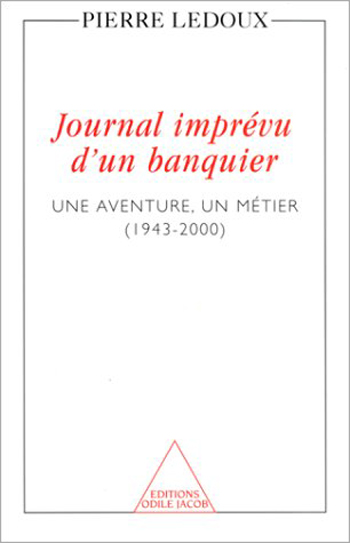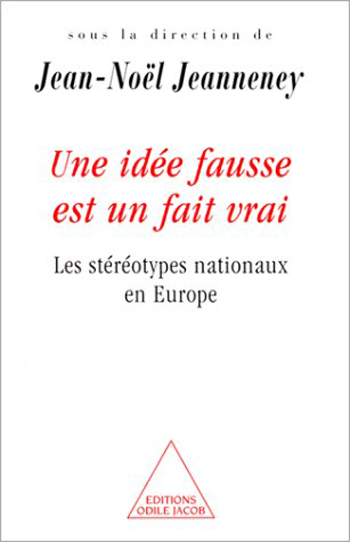Documents All books
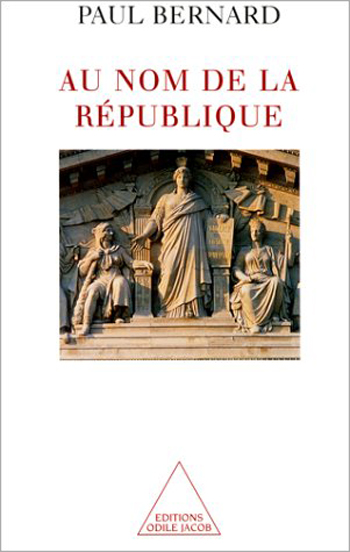
Paul Bernard
In the Name of the Republic
"Being a prefect is to do a job that comes with demands and responsibilities which are often not recognised. It is equally to accept a mission - that of representing the Republic. It is also adapting to the contradictions of the modern world." Paul Bernard Paul Bernard, a legal expert, has had a long prefectoral career which took him to various regions of France, including Aveyron, Sarthe and Corsica, before becoming the prefect of Rhône-Alpes and president of the Association du Corps Préfectoral et des Haut Fonctionnaires du Ministère de lIntérieur.
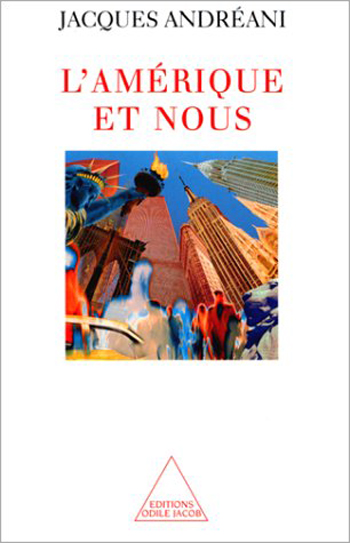
Jacques Andréani
America and Us
Discussions about the U.S. tend to be heated, both in France and within America itself. To see this issue clearly, it is necessary to move away from a stereotypical vision, created by prejudice. What we notice immediately is the image of success and power, but also continuing tensions, unresolved dilemmas, and a problem in cooperating with the rest of the world. Politics, economy, religion, relations between individuals and communities, the law and the role of the judiciary, social and racial fragmentation : these are all themes dealt with in this book, with a view to ending misconceptions and to take us beyond the old Franco-American misunderstandings. Jacques Andréani was Frances ambassador to the United States from 1989 to 1995.

Colonel Passy
Colonel Passy Memoirs of the Chief of the Secret Services of a Liberated France
These two volumes constitute a new edition of Colonel Passys memoirs, which were first published by Plon in a three-volune limited edition (Deuxième Bureau-Londres; 10 Duke Street-Londres; Missions Secrètes en France). The new edition has been presented and annotated by historian Jean-Louis Crémieux-Brilhac, a specialist in the period. André Dewawrin, alias Colonel Passy, headed the Bureau de Contre-espionnage, de Renseignement et dAction (BCRA) of the Free French in London, from 1940 to 1944. He became General Koenigs chief of staff, in 1944. A former student at the prestigious Ecole Polytechnique, he headed the department of research and study for the French Ministry of Defence after the war.

